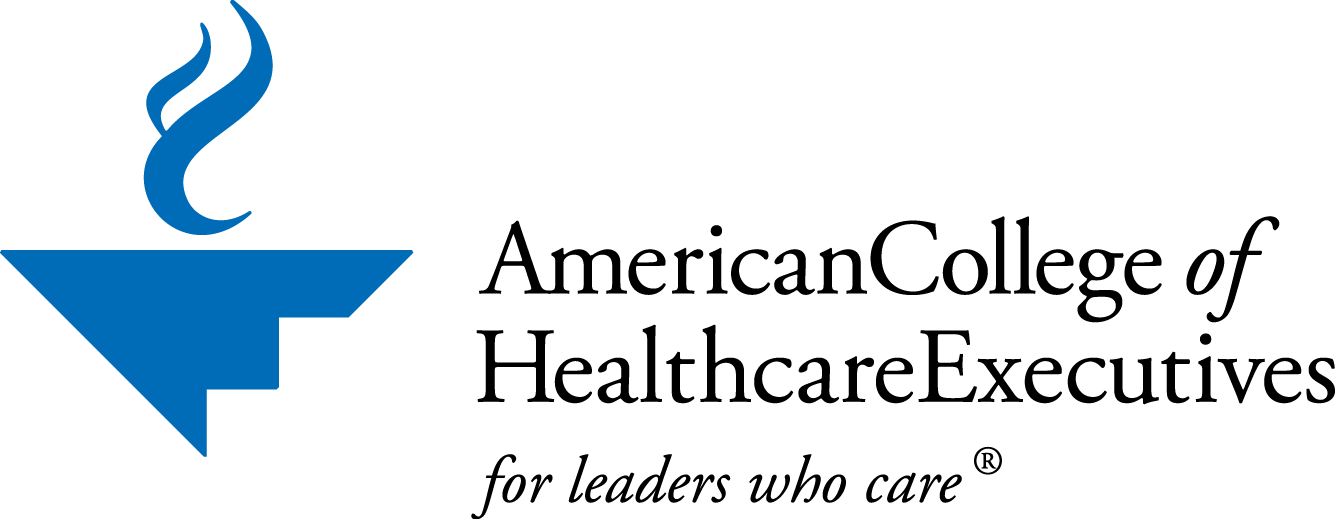Baldrige Performance Excellence Program Supports Growth of U.S. Manufacturing
During the recent celebration of Manufacturing Day, thousands of U.S. manufacturers showcased the realities of modern manufacturing to students as a way to inspire the next generation.
The importance of this cannot be understated, as over the next decade, 4 million U.S. manufacturing jobs will need to be filled, according to a workforce study by The Manufacturing Institute and Deloitte. The study reports that a skills gap may leave more than half of those manufacturing jobs unfilled through 2028, creating $2.5 trillion of unrealized economic impact.
Through its products and services to help organizations create quality jobs and achieve long-term success, the Baldrige Performance Excellence Program (BPEP), part of the National Institute of Standards and Technology, is supporting the resilience of both U.S. manufacturers and the education organizations among its community who are nurturing the skilled workforce of the next generation who could fill those jobs.
Supporting the Resilience of Manufacturing
Aligned with its mission to improve the performance of U.S. organizations, BPEP is revising its Baldrige Award process, which will be rolled out in 2024, to recognize U.S. role models of resilience and long-term success. Part of that recognition includes fostering the sharing and adoption of proven practices, including workforce practices, and providing products, services, and insights to help manufacturers and other organizations prepare, adapt, innovate, and thrive despite skills gaps and disruptions.
For example, to increase the quality of jobs offered, BPEP led the effort to develop a Job Quality Toolkit, a menu of vetted strategies and actions from which leaders and their workforces can collaboratively choose. The toolkit focuses on eight drivers of job quality, as well as providing examples of how Baldrige Award recipients demonstrate those strategies and actions.
In addition, to help U.S. manufacturers ensure that they have the systems and processes in place to implement the latest advanced technologies and improve their quality of operations, a project team with expertise in Baldrige and manufacturing created an assessment and accompanying resources based on the Baldrige Excellence Framework®.
The Baldrige framework remains BPEP’s flagship product, which can be used for measuring performance and planning in an uncertain environment. A manufacturer, as well as other organizations, can use the Baldrige framework to organize and integrate their approaches (e.g., ISO 9000, Lean, and Six Sigma) to improve productivity and effectiveness.
Inspiring Students
In “How to Inspire Students to Pursue Careers In Manufacturing,” in Forbes, H. Jeffrey Rafn writes that not as many students aspire to manufacturing careers today because of “the negative image. . . . Finding interested young people? That is the issue.”
“As technology continues to permeate industries spanning the U.S. economy, skills gaps exist across the board. Are we doing enough to upskill, educate, and train workers appropriately?” asks Donald E. Bossi in “How to Encourage Youth to Pursue Manufacturing, Middle-Skills Careers,” in First. “Signs point to a lack of interest among students in pursuing manufacturing careers, potentially due to insufficient awareness of what these careers entail in the 21st century among students and their parents, counselors, and mentors,” he said, adding, Now is the time to help youth—and the adults who guide them—realize the potential of a career in manufacturing."
Education and the Baldrige Community
Education organizations that are part of the Baldrige community–through representatives serving as Baldrige examiners and participating in Baldrige events–are actively fostering manufacturing opportunities to help students realize the potential.
Baldrige master examiner Meridith Wentz, who serves as assistant chancellor for Baldrige Award recipient the University of Wisconsin-Stout (UW-Stout), said the university’s degree programs are anchored in industry-inspired and -sponsored education. For example, every Stout student graduates with at least one applied professional experience from paid internships and cooperative education placements with leading companies built into classes. In the fall, UW-Stout students are invited to Intern Draft Day at the university’s Lambeau Field, where students discuss career opportunities in engineering with 60-70 companies, many of which operate in the manufacturing sector. In addition, each fall and spring, UW-Stout hosts a four-day science and engineering showcase with 100+ companies.
The university also offers small- and mid-sized manufacturers services through its Manufacturing Outreach Center, and the university’s Center for Innovation & Development, which operates a digital fabrication lab, offers entrepreneurs and small- and mid-sized businesses tools and services.
The university offers bachelor of science degrees in manufacturing engineering, engineering technology, plastics engineering, computer & electrical engineering, mechanical engineering, packaging, food science & technology, graphic communications, industrial & product design, cybersecurity and computer networking & information technology. At the graduate level, the university offers master of science degrees in manufacturing engineering, information & communication technologies, and applied mathematics & data science.
Baldrige master examiner Kevin Grayson, who serves as assistant director of technology management at North Carolina State University, said his school participates in annual Manufacturing Day events and helps place engineering students in manufacturing summer intern roles across the state, with approximately 60 student placements in the summer of 2023. Grayson also teaches a Design for Six Sigma and ISO 13485 course for senior biomedical engineers in quality management methods. Many of these students, who can earn Six Sigma Green Belt certification before graduation, find jobs in the pharma and medical-device manufacturing industries, he said.
Lauren Simer, who has been involved in Baldrige examiner training since 2014, serves as vice president of institutional effectiveness at Greenville Technical College (GTC). She said GTC educates and introduces students to manufacturing opportunities through internships, job shadowing, apprenticeships, company tours, guest speakers, manufacturing career fairs, job postings, and manufacturing summer camps for middle school students. Kelvin L. Byrd, dean of GTC’s School of Advanced Manufacturing and Transportation Technology, added that GTC’s faculty and staff participate in Manufacturing Day by attending an event at a manufacturing facility or school, hosting a community manufacturing event, and showcasing manufacturing equipment in the community and local high school.





















